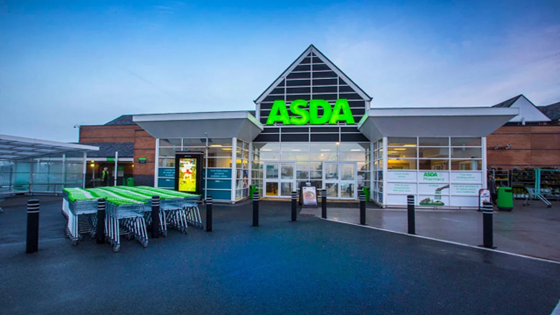A recent study has revealed that some retailers donate as little as 10p per Christmas card sold in their stores.
A Royal Mail spokesperson recently said that there was no sign of Britons planning to cut back on traditional Christmas card spend this year. A survey by One Poll indicates that “over two thirds of those asked said that they will be sending the same number of Christmas cards as they did last year.”
As such, the subject of the traditional charity donations that come from each card sold has come up again, and according to a study of 13 major retail chains by consumer group Which? it would seem that the spirit of giving may have been lost on certain retail names.
The study found that the Co-Op gives a mere 7% of its £1.50 cards to FareShare, whilst Lidl gives 8% to CLIC Sargent.
Despite being at the cheaper end however, representatives from the chains defended their approaches to charity.
“We have a multi-faceted approach to raising money for the charity‘s important work and we review it every year,” said a Lidl spokeswoman.
The Co-Op also highlighted how all the proceeds of its bag for life sales go to charity, and that in addition to donating the 10p per card to FareShare, the charity also receives the equivalent of “a million meals a year” in surplus food. The company also has a new charity partner, The British Red Cross, which will receive a £50,000 donation from festive sandwich sales.
At the other end of the spectrum, Aldi and John Lewis donate 25% of the price of their branded cards to their chosen charities. Morrisons pledged to donate £50,000 to the Sue Ryder charity shops, regardless of how many cards are sold, whilst Tesco will be donating £300,000 to Diabetes UK and the British Heart Foundation.
“There are real differences between how retailers donate to good causes, so people may want to look out for this if they are planning to buy charity cards this festive season,” said Which? editor Richard Headland.









